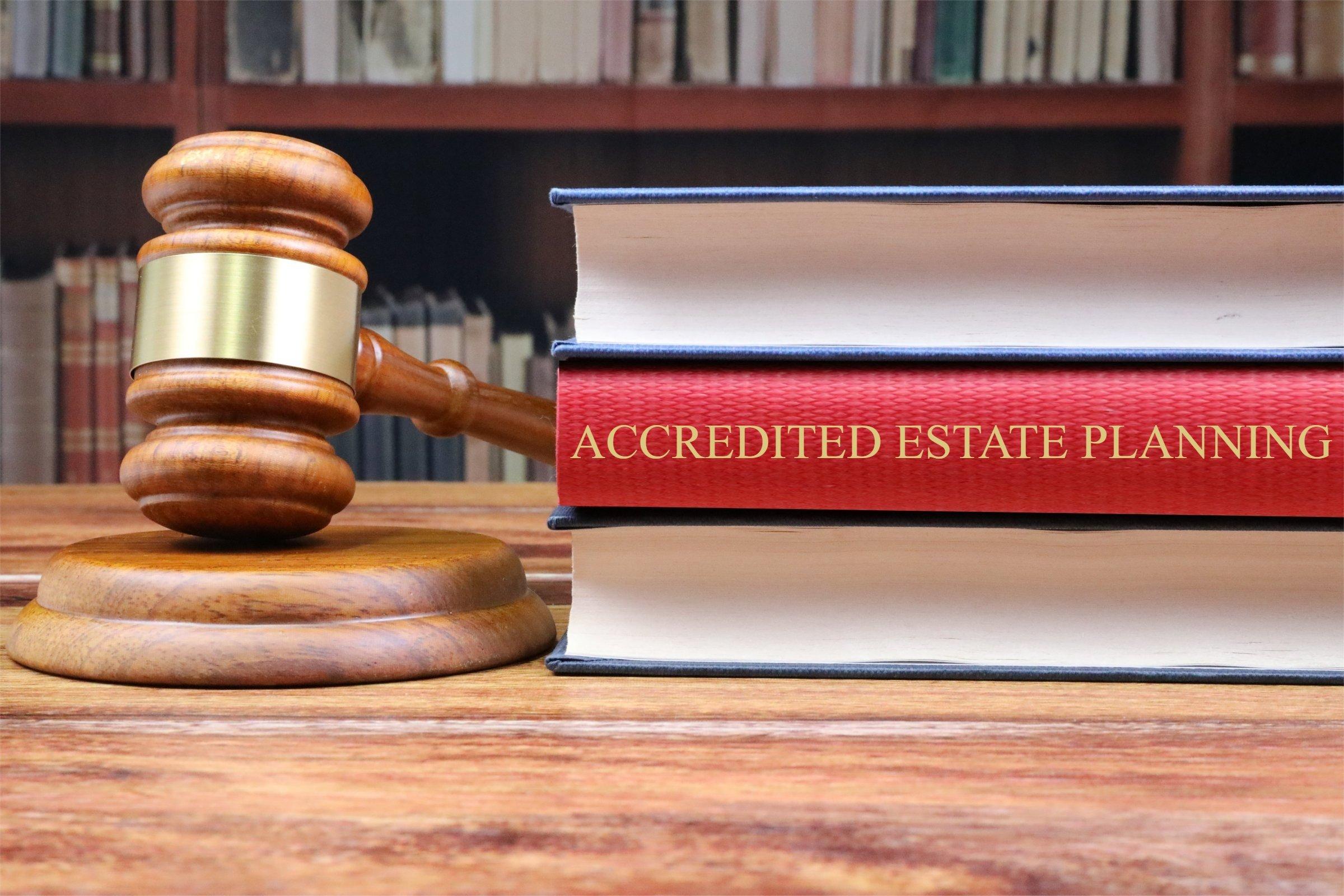In the intricate tapestry of estate planning, one question reigns supreme: what is the best way to leave an inheritance? As experienced legal practitioners at Morgan Legal Group in New York City, we understand the importance of meticulously crafting a plan that not only ensures the smooth transfer of assets but also upholds your wishes and protects your loved ones. Join us as we delve into the various strategies and considerations that must be taken into account when determining the most effective path to distribute your wealth for generations to come.

Considerations for Structuring Your Estate Plan
When structuring your estate plan, it is important to carefully consider the best way to leave an inheritance to your loved ones. One key consideration is to think about the most tax-efficient strategies that will minimize the tax burden on your heirs. By utilizing tools such as trusts and gifting strategies, you can maximize the amount of wealth that passes on to your beneficiaries.
Another important factor to consider is the unique needs and circumstances of your heirs. By taking into account their individual goals, financial situations, and capabilities, you can tailor your estate plan to best meet their needs. Additionally, it is crucial to revisit and update your estate plan regularly to reflect any changes in laws, family dynamics, or personal circumstances.
Maximizing Tax Efficiency in Your Inheritance Plan
One effective strategy to maximize tax efficiency in your inheritance plan is to consider establishing a trust. By setting up a trust, you can potentially minimize estate taxes and avoid probate, ensuring a smoother transfer of assets to your beneficiaries. Trusts also offer privacy benefits as they do not go through the public probate process, allowing you to keep your financial affairs confidential.
Another way to optimize tax efficiency in your inheritance plan is to make strategic gifts during your lifetime. By taking advantage of the annual gift tax exclusion, you can reduce the size of your taxable estate while providing financial support to your loved ones. Additionally, utilizing tools such as charitable remainder trusts can help you support charitable causes while potentially reducing estate taxes. Considering these options in conjunction with professional guidance can help you create a comprehensive inheritance plan that maximizes tax efficiency for your beneficiaries.

Protecting Your Assets and Ensuring Fair Distribution
In the realm of estate planning, the decision of how to leave an inheritance is of utmost importance. It is essential to protect your assets and ensure fair distribution to your loved ones. One of the best ways to achieve this is by setting up a comprehensive estate plan that includes Wills and trusts. By doing so, you can clearly outline your wishes regarding the distribution of your assets, minimizing the risk of disputes among heirs.
When deciding on the best way to leave an inheritance, it is crucial to consider factors such as tax implications, the complexity of your assets, and the unique dynamics within your family. Working with an experienced estate planning attorney can help you navigate these complexities and create a plan that best meets your needs. By carefully crafting your estate plan, you can rest assured that your assets will be protected and distributed according to your wishes, providing peace of mind for you and your loved ones for years to come.

The Importance of Regularly Updating Your Estate Plan
Regularly updating your estate plan is crucial to ensuring that your assets are distributed according to your wishes after you pass away. Failing to update your estate plan can result in unintended consequences, such as assets being distributed to individuals you no longer want to benefit or incurring unnecessary taxes and fees. By reviewing and making necessary changes to your estate plan on a regular basis, you can ensure that your final wishes are carried out effectively and efficiently.
One of the best ways to leave an inheritance is by creating a comprehensive estate plan that includes a will, trusts, and powers of attorney. A will outlines how your assets will be distributed upon your death, while trusts can help you avoid probate and provide for your loved ones in a more efficient manner. Powers of attorney allow you to appoint someone to make financial and healthcare decisions on your behalf if you become incapacitated. By working with an experienced estate planning attorney, you can ensure that your estate plan is tailored to your unique needs and goals.
Q&A
Q: What is the best way to leave an inheritance?
A: Leaving an inheritance is a significant decision that requires careful consideration.
Q: What factors should be taken into account when deciding how to leave an inheritance?
A: Factors such as family dynamics, financial stability, and tax implications should all be considered when deciding how to distribute your assets.
Q: Should I consider setting up a trust to leave an inheritance?
A: Setting up a trust can be a good way to ensure that your assets are distributed according to your wishes and can also provide protection from creditors and estate taxes.
Q: What are some common mistakes people make when leaving an inheritance?
A: Some common mistakes include not updating beneficiaries, failing to communicate with family members about their wishes, and not considering the potential tax implications of the inheritance.
Q: Is it important to seek legal advice when planning an inheritance?
A: Seeking legal advice is highly recommended when planning an inheritance, as a lawyer can help ensure that your wishes are carried out properly and can help you navigate complex estate planning laws.
Q: How can I ensure that my inheritance is distributed fairly among my beneficiaries?
A: Clearly outlining your wishes in a will or trust and communicating with your family members about your decisions can help ensure that your inheritance is distributed fairly among your beneficiaries.
Wrapping Up
In the end, the best way to leave an inheritance ultimately depends on your individual circumstances and priorities. Whether you choose to distribute your assets through a will, trust, or other means, it is important to carefully consider your options and seek guidance from legal and financial professionals. By planning ahead and communicating openly with your loved ones, you can ensure that your legacy is preserved and passed on in the most meaningful and effective way possible. Remember, the way you choose to leave your inheritance can have a lasting impact on future generations, so choose wisely and leave a legacy that reflects your values and priorities.






